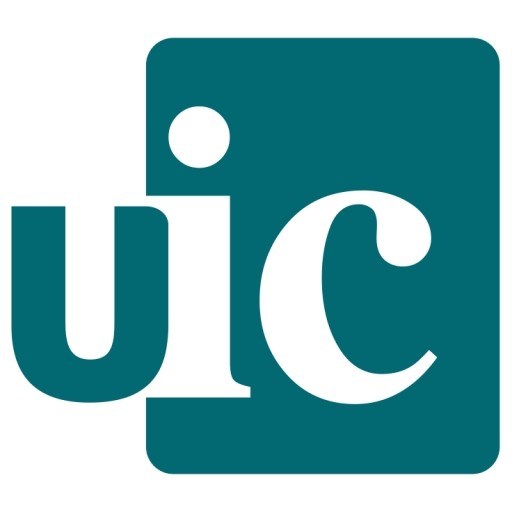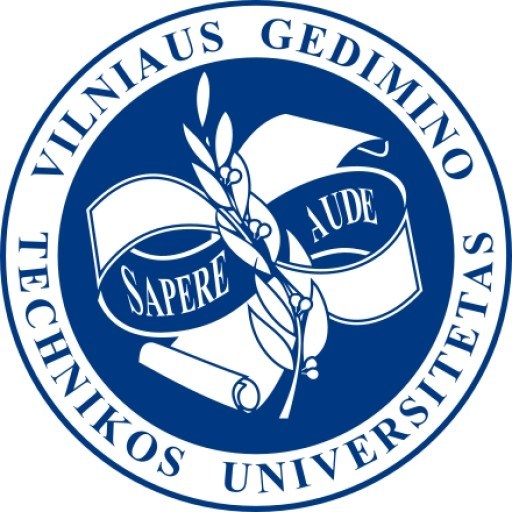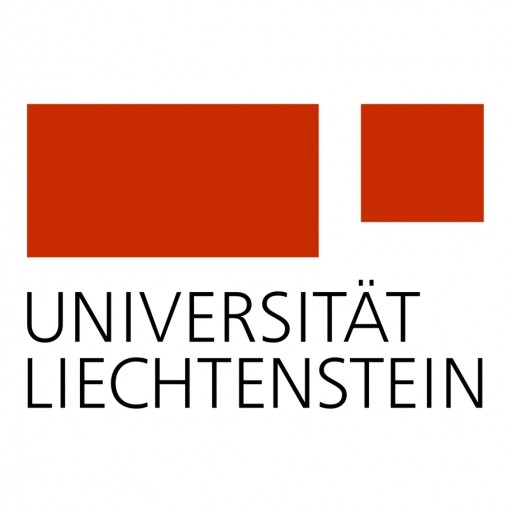Photos of university / #uicbarcelona
Advertisement
The need for qualified professionals who can develop projects and manage urban planning processes in developing countries is clear. We can find the highest urbanisation ratios in the world in these countries, and it is here where international cooperation is most necessary.
If we add to this the impact of an earthquake, a tsunami or a war, the situation is critical and intervention is required in architecture and urban planning areas, in order to know how to develop a plan for temporary development and settlements. This involves fast construction processes that are efficient under extreme conditions, managing the existing resources, and providing solutions that can be implemented in these types of situations in which work must unfortunately be carried out under pressure of various types.
The purpose of the Masters degree is to tackle these situations and prepare future architects and professionals to deal with regional planning and emergency construction projects, i.e., professionals who can arrive at these non-places and use specific tools to apply the appropriate strategies in order to help develop communities affected by extreme poverty or human and natural catastrophes.
Therefore, the aim is to establish the strategies and criteria for taking action in the area of urban planning, developing neighbourhoods and implementing architectural projects, while bearing in mind energy-saving systems and sustainability criteria in all areas related to the material and also the local cultures.
This Masters degree is part of the ERASMUS MUNDUS European cooperation programme, considered to be one of the most prestigious programmes in the world. The MUNDUS URBANO programme brings together the following universities: Technische Universität Darmstadt, Università Tor Vergata, Rome, Université Pierre-Mendès-France Grenoble and the Universitat Internacional de Catalunya, Barcelona, for the development of a joint European Masters degree.
Academic structure
The course is divided into three different parts:
TERM 1 CRITERIA
The first term is designed to give students a comprehensive understanding of the basic facts behind the three phases of cooperation: emergency cooperation (humanitarian aid), development cooperation and fourth-world cooperation (local action), in terms of urban planning and architecture based on criteria of sustainability and environmental protection.
TERM 2: FIELD TRIP & INTERNSHIP
The most practical part of the course will take place during the FIELD TRIP & INTERNSHIP.
TERM 3: STUDIO PROJECT
A dissertation will be prepared in Term 3.
Want to improve your English level for admission?
Prepare for the program requirements with English Online by the British Council.
- ✔️ Flexible study schedule
- ✔️ Experienced teachers
- ✔️ Certificate upon completion
📘 Recommended for students with an IELTS level of 6.0 or below.
Grants
The University does not provide grants/scholarships for third year students. Those seeking financial aid are advised to consult other organisations.
* Grants AGAUR
* Obra social «La Caixa»
* Grants from the «Ministerio de Educación»
* Caixa Manresa Foundation
* Marcelino Botín Foundation
Financing
The UIC holds collaborative agreements with various banking institutions to facilitate course financing with preferential conditions. Please check the terms and conditions for the current academic year in the following document:
* Masters, postgraduates and doctorates financing
Discounts
Members of the UIC Alumni and Friends Association are entitled to a 10% discount.
Additionally, certain collectives may be entitled to special discounts for certain programmes, which are specified in each case.
* Alumni UIC Application











